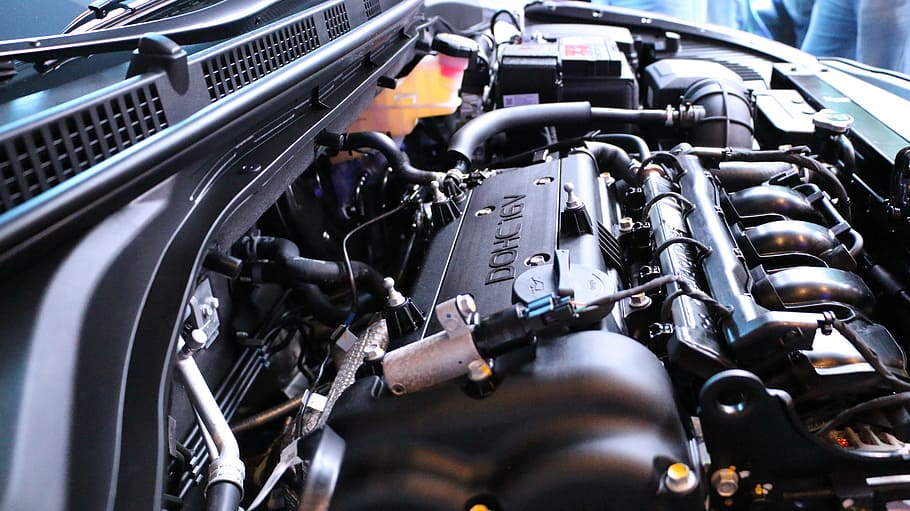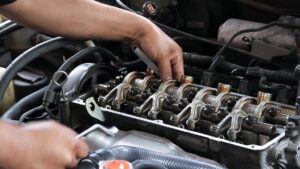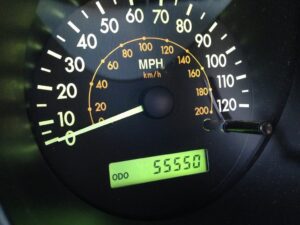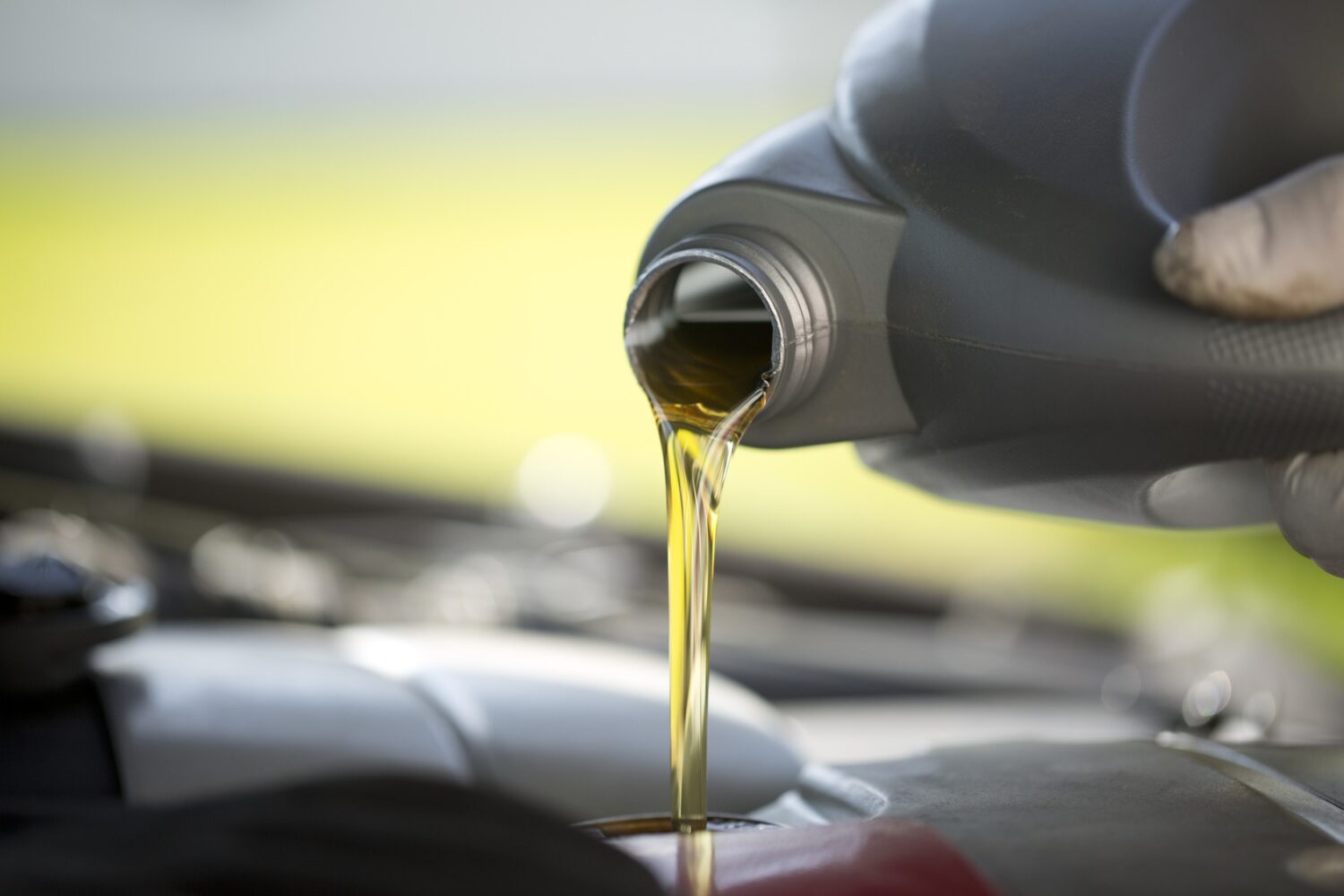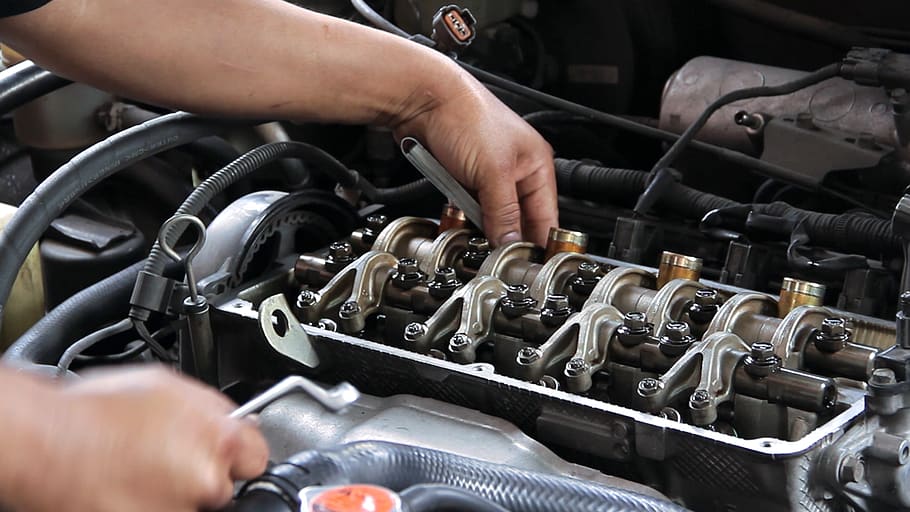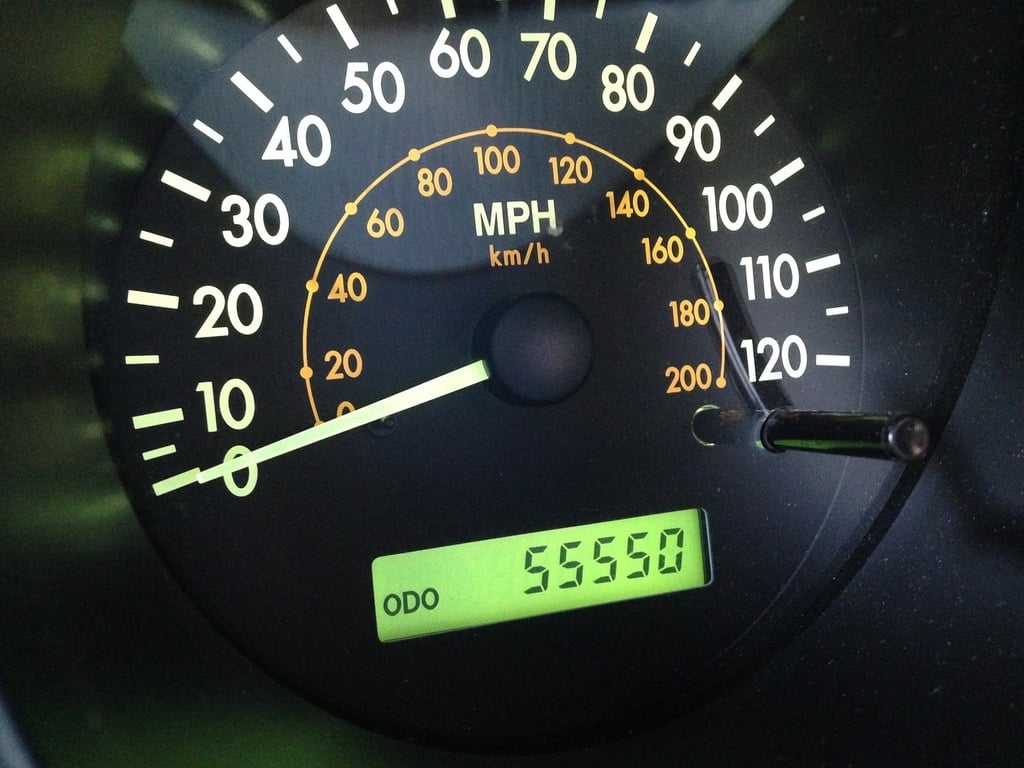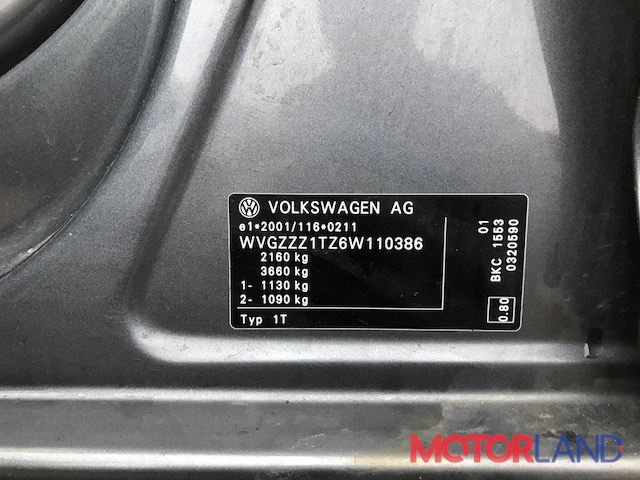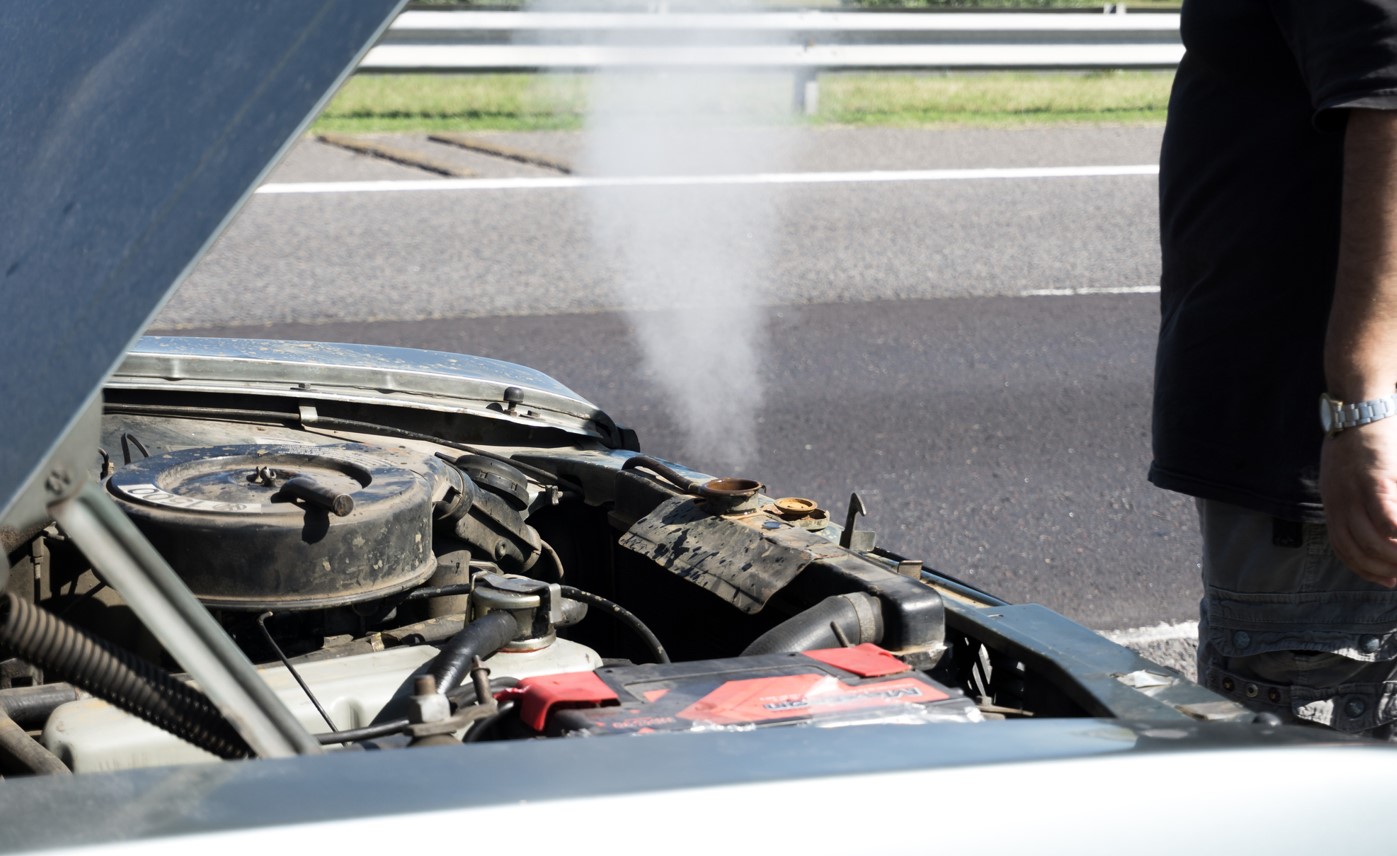So, you’ve just dropped a fire-breathing, freshly built engine into your ride. Congrats! But a question burns in the back of every tuner’s, gearhead’s, and speed freak’s mind: does replacing the engine reset the mileage? It’s a question that dances between legal requirements, resale value, and the simple desire to know the true life of your machine. We’re here to cut through the confusion and give you the straight dope. We’ll tackle the myths, the realities, and what you really need to know to keep your build legit and your mind at ease. Let’s dive in!
Key Takeaways:
- Replacing your engine does not reset the odometer reading. The odometer tracks the mileage of the vehicle, not the engine.
- Transparency is key! Keep meticulous records of your engine swap for future resale or legal purposes.
- Understand your local laws regarding engine swaps and mileage disclosure.
- Consider the ethical implications of misrepresenting a vehicle’s mileage.
Understanding the Basics of Does Replacing the Engine Reset Mileage
Let’s be crystal clear: your odometer tracks the total miles the chassis has traveled, not the engine. Think of it like this: your body is the car, and your heart is the engine. If you get a heart transplant, you don’t suddenly become a newborn, right? Your age (mileage) remains the same. The same principle applies to your car. The odometer is tied to the vehicle’s Vehicle Identification Number (VIN), which stays with the car for its entire lifespan, regardless of how many engines it goes through.
Imagine you’ve got a classic Mustang you’ve been restoring. You finally get your hands on a crate engine that’s a modern marvel. You swap it in, and suddenly your odometer reads zero? Nope. That ’67 Mustang still has the same history, the same wear and tear on its frame, suspension, and interior, regardless of the new powerplant under the hood.
Importance and Implications
Why does this matter to us, the petrolheads? Several reasons:
- Resale Value: Misrepresenting mileage is a big no-no. It’s unethical and, in many places, illegal. Potential buyers want to know the true history of the vehicle, not just the engine.
- Legal Compliance: Many jurisdictions have laws requiring accurate mileage disclosure during vehicle sales. Tampering with an odometer is a serious offense.
- Maintenance Schedules: While the engine itself might have a fresh start, other components of your car still have the original mileage. You need to maintain them accordingly.
- Performance Tracking: For some, it’s about bragging rights. Knowing the true mileage of your car, even with a new engine, is part of the story. It’s a testament to the car’s longevity and your dedication to keeping it running.
Practical Applications or Strategies
So, what should you do after an engine swap?
- Keep Detailed Records: Document everything! Save receipts for the new engine, the installation, and any related work. Note the date of the swap and the odometer reading at the time.
- Be Transparent: When selling the car, be upfront about the engine replacement. Provide the documentation you’ve kept. Honesty builds trust and avoids legal trouble.
- Consider a Supplemental Log: Keep a separate logbook specifically for the new engine. Track its oil changes, maintenance, and any performance modifications. This is especially useful if you’re pushing the engine hard.
- Consult Local Laws: Familiarize yourself with your state or country’s laws regarding engine swaps and mileage disclosure. Regulations vary, so it’s best to be informed.
Pitfalls to Avoid:
- Odometer Tampering: Never, ever tamper with the odometer. It’s illegal and unethical.
- Misleading Buyers: Don’t try to hide the engine swap or downplay its significance. Be honest and transparent.
- Ignoring Maintenance: Remember that other components of your car still have the original mileage. Don’t neglect their maintenance.
Expert Insights or Case Studies
I’ve seen countless cases where tuners have gotten into hot water by trying to fudge the mileage after an engine swap. One that sticks out is a guy who swapped a high-performance engine into his WRX and then tried to sell it without disclosing the swap. The buyer, a savvy mechanic himself, noticed discrepancies and sued. The tuner ended up paying a hefty fine and damaging his reputation.
On the flip side, I know a restorer who meticulously documented every step of his classic car’s rebuild, including the engine swap. He was upfront with potential buyers, and his honesty actually increased the car’s value. People appreciated his transparency and the fact that he had taken such good care of the vehicle.
The Ethics of Engine Swaps and Mileage
Beyond the legal aspects, there’s an ethical dimension to consider. As car enthusiasts, we have a responsibility to be honest and transparent with each other. Misrepresenting mileage is not only illegal but also undermines the trust within our community. Let’s strive to be better than that. Let’s be honest about our builds, celebrate the work we’ve done, and respect the history of our machines.
Conclusion:
Replacing your engine doesn’t magically erase the miles on your car. The odometer tells the story of the chassis, not the powerplant. For tuners, gearheads, and speed freaks, transparency is paramount. Keep detailed records, be honest with potential buyers, and understand your local laws. By doing so, you’ll avoid legal trouble, maintain your reputation, and contribute to a more ethical automotive community. Now get out there and enjoy that new engine – responsibly!
Frequently Asked Questions:
What is does replacing the engine reset mileage?
Replacing the engine in a vehicle does not reset the odometer reading. The odometer tracks the total miles the vehicle’s chassis has traveled, regardless of how many engines it has had.
Why is does replacing the engine reset mileage important for Tuners, gearheads, speed freaks?
It’s important because it affects resale value, legal compliance, maintenance schedules, and ethical considerations. Being transparent about engine swaps is crucial for maintaining trust and avoiding legal issues.
How can I apply the concepts of does replacing the engine reset mileage in my context?
Keep detailed records of your engine swap, be honest with potential buyers, and familiarize yourself with your local laws regarding mileage disclosure.
Where can I learn more about does replacing the engine reset mileage?
Consult your local Department of Motor Vehicles (DMV) or equivalent agency for specific regulations. Online automotive forums and communities can also provide valuable insights and experiences.


